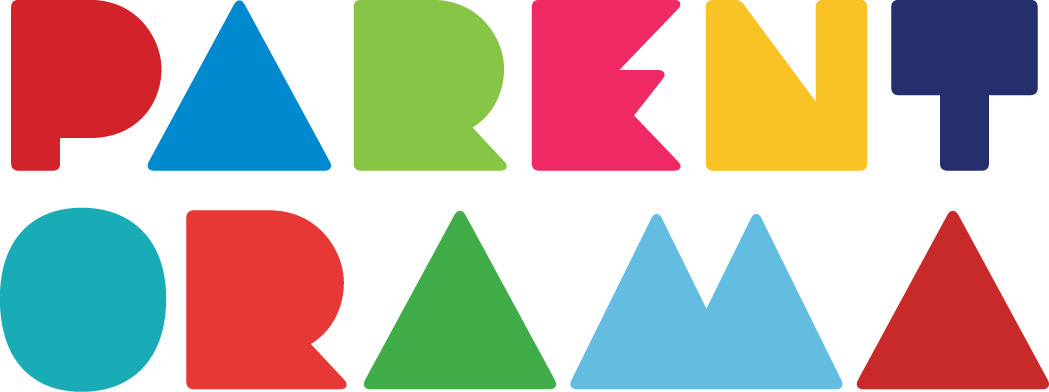Women perform three to seven times more caregiving tasks than men in the Global South. These tasks include household chores and focus heavily on child care.
The 2023 State of the World’s Fathers Report, titled “Centering Care in a World in Crisis,” explored the caregiving experiences and involvement of 12,000 men and women, many of whom are parents, across 17 countries. The research examined who provides care, how care is given, for whom, and what men and women think about caregiving.
I am one of the five co-authors of the report, which revealed a remarkable appreciation for caregiving among the respondents. In an online survey, they associated caregiving with positive terms. The word “love” was the most frequently mentioned across all countries. Other commonly cited words included “help,” “protection,” “attention,” “responsibility,” “health,” “kindness,” and “family.” Most men in the survey reported that they engaged in caregiving tasks and were willing to do more.
However, many barriers stood in their way, including social norms and economic constraints. While the findings show some shifts, the report also found that the pace of change is far too slow.
Earlier this year, United Nations member states unanimously designated October 29th as the International Day of Care and Support. This reflects the growing recognition of the value of caregiving work, highlighting the urgent need for a more equitable distribution of caregiving responsibilities. Providing care to another person can be a positive experience, enhancing empathy and meaningful relationships. However, the unequal distribution of care between men and women has long hindered women’s participation in paid work.
In 2018, the International Labour Organization estimated that 606 million women of working age were unable to work due to unpaid caregiving responsibilities. The heavy burden of caregiving has also had negative consequences on women’s physical and mental well-being. The State of the World’s Fathers report found that mothers still bear a larger share of caregiving duties, such as cleaning, physical and emotional care for children, cooking, and caring for partners.
Women reported doing 1.32 times more physical child care and 1.36 times more house cleaning than men across the surveyed countries. However, fathers in countries as diverse as Argentina, Ireland, China, Croatia, and Rwanda also reported dedicating significant hours to various unpaid caregiving tasks within the household.
The State of the World’s Fathers study attributed this shift to several factors, including the impact of COVID-19, evolving gender norms related to care, and structural factors such as care systems and parental leave policies. In 15 countries, between 70% and 90% of men agreed with the statement: “I feel equally responsible for caregiving work as my partner.” Encouragingly, in some countries like South Africa (85%) and Rwanda (93%), men disagreed with the statement: “Boys should not be taught to sew, cook, clean, or care for their siblings.”
Men with greater emotional awareness and openness to seeking emotional support were two to eight times more likely to provide care to a family member than those who lacked emotional awareness. Men who spent more time caregiving reported higher well-being.
Respondents who expressed satisfaction with their involvement in raising their children were 1.5 times more likely to agree with the statement, “I am the person I always wanted to be,” and reported a sense of gratitude in life compared to those who did not express satisfaction in raising their children.
It is important to recognize that caregiving cannot depend solely on individual efforts. Both men and women require the support of communities, care systems, and policies to provide effective care. More than half of mothers and fathers considered political activism for care leave policies a priority. This sentiment varied: 57% of fathers and 66% of mothers in India, and 92% of fathers and 94% of mothers in Rwanda supported this cause.
Women were more likely than men to prioritize caregiving policies alongside care and gender equality policies. Concerns about the cost of living prevailed among both genders, with slightly more women (58%) than men (53%) expressing this concern.
The study found that a significant portion of individuals across countries reported taking steps to improve caregiving policies. The majority (74%) discussed the issue with friends and relatives, while 39% of women and 36% of men signed or shared online petitions. Additionally, 27% of women and 33% of men attended events calling for improved caregiving policies.
Policymakers have a key role to play in reforms to improve parental leave. Better data enables better policies, so more accurate statistics, such as how many fathers take parental leave and how caregiving time is distributed between men and women, must be available. Enabling men to share household responsibilities is essential for countries to thrive.



